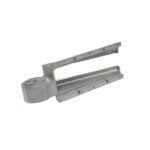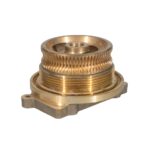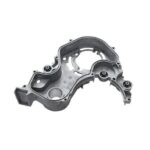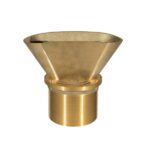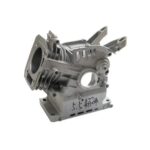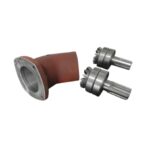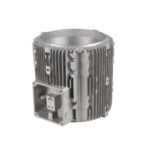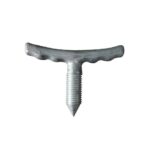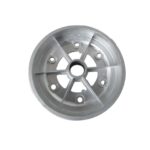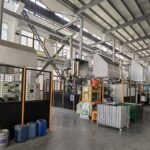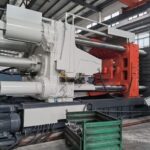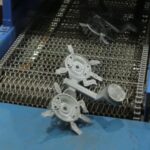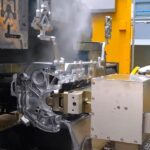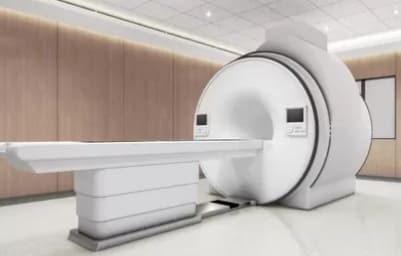
What are MRI Machines?
MRI machines, or Magnetic Resonance Imaging machines, are advanced medical imaging devices that utilize powerful magnets and radio waves to create detailed images of the organs and tissues inside the body.
Unlike X-rays or CT scans, MRIs provide higher resolution images, making them invaluable for diagnosing a variety of conditions.
Uses of MRI Machines
MRI machines are primarily used in the medical field to diagnose diseases and conditions, such as tumors, brain disorders, and joint injuries.
They are also employed in research settings to study anatomical structures and functions, contributing to advancements in medical science.
History of MRI Machines
The concept of MRI was first developed in the 1970s, with the first clinical MRI scanner introduced in the early 1980s.
Originally, MRI technology was intended for studying chemical structures but quickly found its way into medical diagnostics due to its ability to produce high-resolution images of soft tissues.
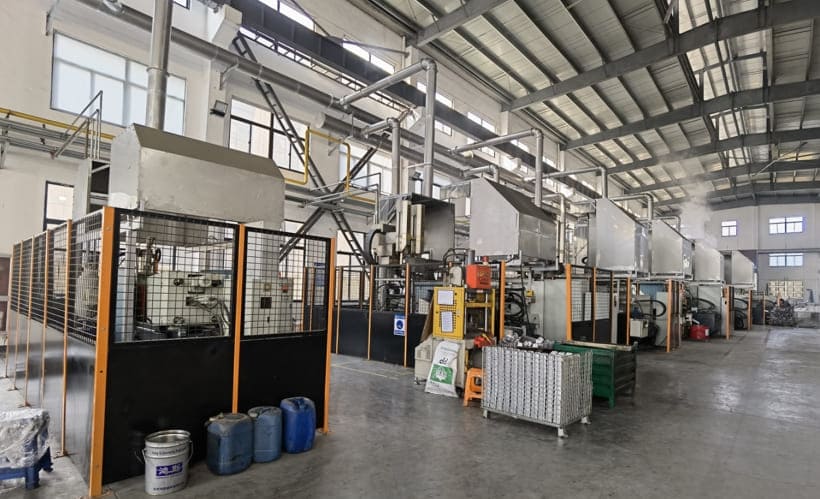
Searching for High-Quality Parts for MRI Machines?
You’ve come to the right place! Yongzhu Casting is a certified die casting manufacturer with over 20 years of expertise in the industry.
We have successfully completed numerous die casting projects for precision MRI parts, particularly in the Medical industry.
Design Review & DFM Support
Our professionals will evaluate your designs and provide suggestions for cost savings.
Additionally, we offer Design for Manufacturing (DFM) assistance and conduct mold flow analyses to facilitate efficient production.
State-of-the-Art Manufacturing Equipment
Our facility is equipped with advanced hot-chamber and cold-chamber die casting machinery for aluminum and zinc production.
We also utilize high-precision CNC machines in a temperature-controlled workshop, featuring 3-Axis, 4-Axis, 5-Axis, and 7-Axis setups to manage any project you have.

Rigorous Quality Control Measures
Our dedicated quality control team ensures that all parts meet the highest standards of quality and consistency.
We employ high-accuracy measurement instruments, including CMM, spectrometers, and X-ray detectors.
Comprehensive Surface Treatment Options
We provide a variety of surface finishing techniques for your precision MRI die casting components. Our in-house services include cleaning, polishing, anodizing, shot blasting, and painting.
Flexible Project Acceptance
While larger manufacturers often shy away from low-volume projects, and smaller ones may struggle with quality, Yongzhu Casting stands apart.
We prioritize customer satisfaction and willingly accept high-mix, low-volume projects like yours.
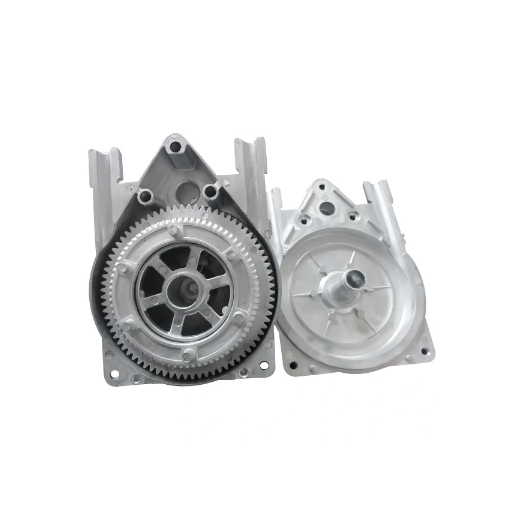
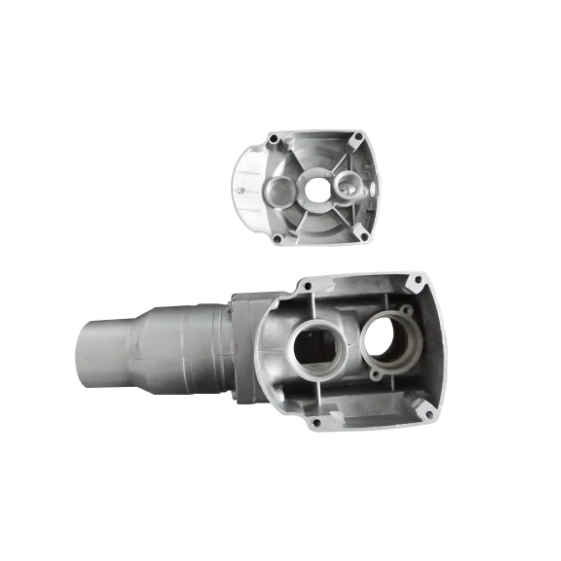
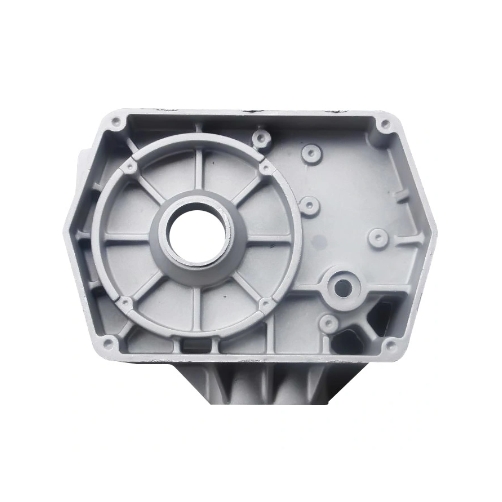
Evolution of MRI Technology
Since their inception, MRI machines have undergone significant changes.
Early machines were bulky and less efficient, but modern advancements have led to more compact designs, faster imaging times, and improved image clarity.
Innovations such as functional MRI (fMRI) have also enhanced our understanding of brain activity.
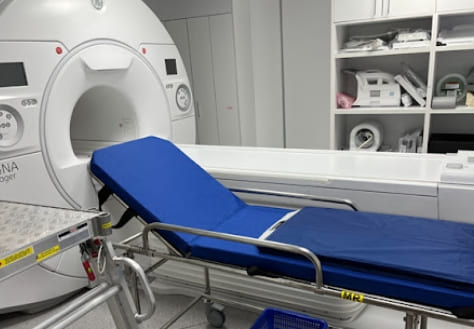
Main Components of MRI Machines
The core components of an MRI machine include the magnet, radiofrequency coils, and the computer system that processes images.
The magnet creates a strong magnetic field, while the radiofrequency coils transmit and receive signals. The computer reconstructs these signals into images for analysis.
Capabilities of MRI Machines
MRI machines are capable of examining a wide range of body parts, including the brain, spine, joints, and soft tissues.
Compared to CT scans, MRIs provide superior images of soft tissues and do not use ionizing radiation, making them safer for repeated use.

Leading Manufacturers of MRI Machines
Several companies dominate the MRI market, each offering unique features and technologies. Here’s a look at some of the leading manufacturers:
- Siemens Healthineers: Known for innovation and high-quality images.
- GE Healthcare: Offers a range of machines with patient comfort features.
- Philips: Focuses on advanced imaging technologies and design.
- Canon Medical Systems: Known for user-friendly interfaces and reliability.
- Hitachi Medical Systems: Provides open MRI systems for claustrophobic patients.
- Fujifilm: Innovates in imaging software and hardware integration.
- Esaote: Specializes in compact and portable MRI systems.
- Bruker: Focuses on research and preclinical imaging solutions.
- Neusoft Medical Systems: Emerging brand with competitive pricing.
- Mindray: Offers cost-effective solutions for various healthcare settings.
Each brand has its advantages and disadvantages, often depending on the specific needs of medical facilities and patient populations.
Claustrophobia and MRI Machines
Many patients experience claustrophobia during MRI scans due to the enclosed space of the machine.
This can cause anxiety and discomfort, leading to questions about which imaging modality—MRI or CT—feels more confining.
Generally, MRI machines tend to be more enclosed, making them more claustrophobic for some patients.
To alleviate this, medications such as anti-anxiety drugs may be prescribed before a scan.
Additionally, some manufacturers offer open MRI machines designed to reduce feelings of claustrophobia.
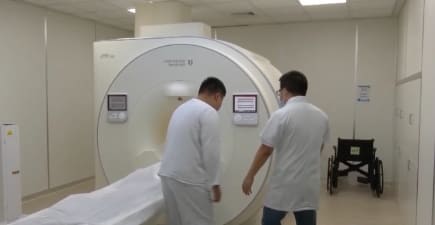
Types and Costs of MRI Machines
MRI machines come in various types, including closed, open, and extremity MRI machines. Closed MRIs are standard, while open MRIs provide a less confined experience.
The costs of MRI machines can vary widely, typically ranging from $150,000 to over $3 million, depending on the model and features.
When examining the availability of MRI machines globally, countries like the United States and Germany have a high number of MRI machines per capita, reflecting advanced healthcare systems.
Comfort and Experience in MRI Scans
For claustrophobic patients, certain MRI machines with wider openings and shorter scanning times can enhance comfort.
Additionally, the loud noises produced during scans can be unsettling; the sounds are generated by the magnets and gradients working during the imaging process.
Patients often report feeling uncomfortable after an MRI due to the duration of the scan and the necessity to remain still.
It can take anywhere from a few minutes to several hours to receive results if issues are detected, contributing to anxiety about their health.

Conclusion
MRI machines have revolutionized medical imaging, providing crucial insights into the human body.
With their non-invasive nature and high-resolution capabilities, they continue to be a cornerstone of modern diagnostics.
Understanding their evolution, uses, and impact on patient experience can help demystify the process for patients and medical professionals alike.


